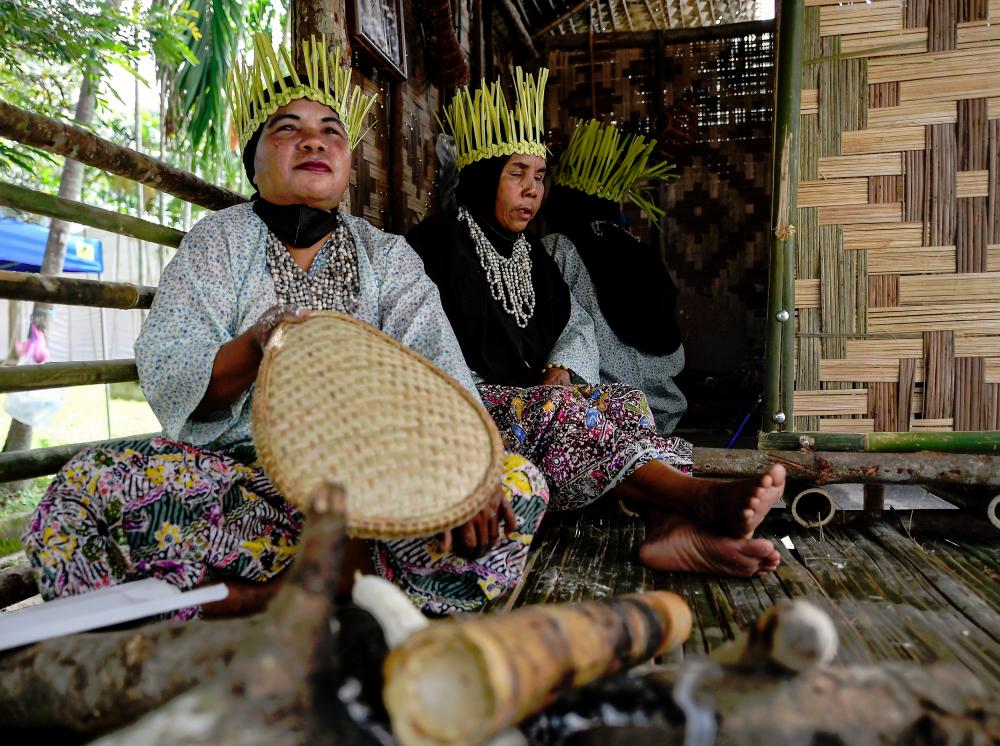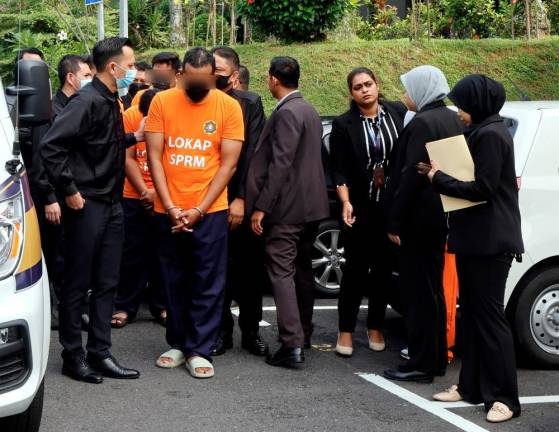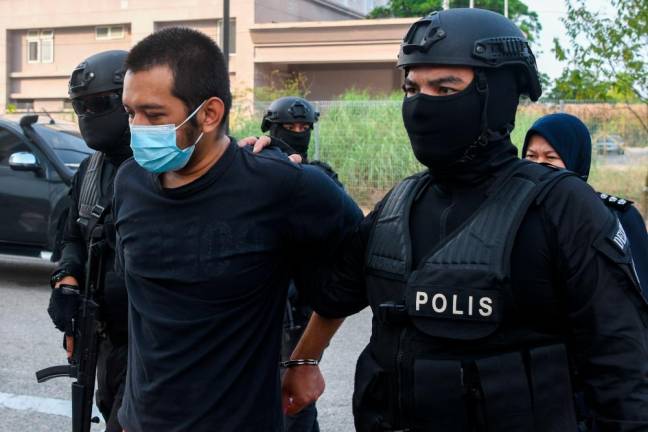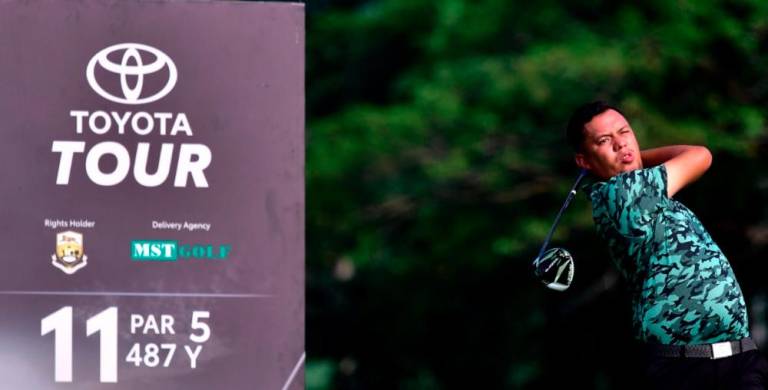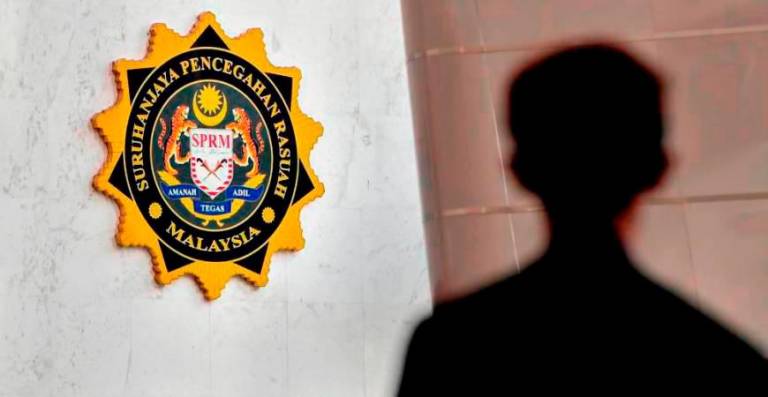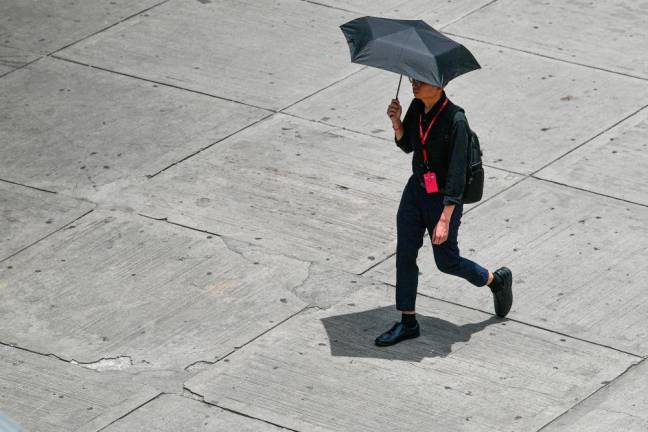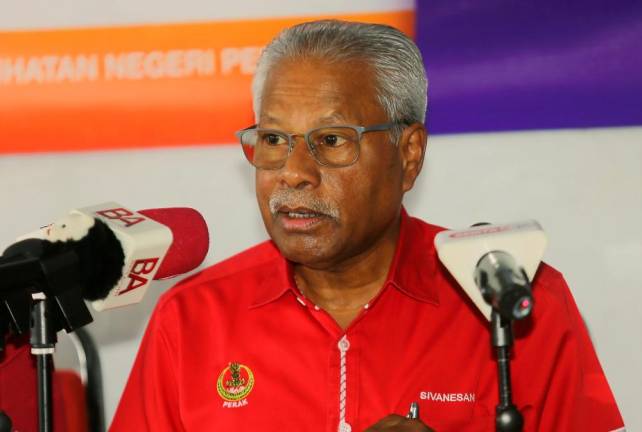PETALING JAYA: The provision of healthcare for Orang Asli communities, which make up just 0.8% of the population, needs urgent re-evaluation, said two NGOs that interact with them.
This is because the communities face significant health-related challenges that could be prevented with proper care.
They say indigenous communities lack access to healthcare, specifically those living in rural and remote areas, who risk worsening health issues and even death.
Centre for Orang Asli Concerns coordinator Colin Nicholas said a lack of nutrition is the primary problem.
“When a person is unable to have access to proper nutrition, the immune system is weakened and therefore, the person is more susceptible to diseases than those with proper nutrition. Extensive deforestation is also among the chief causes that have affected the food source of Orang Asli .”
He said the lack of reach and benefits felt from the healthcare system is making the indigenous people doubt its efficiency.
“We must have more dedicated and sympathetic healthcare workers treating them. By doing so, the Orang Asli will be able to build their trust in the system.”
Common diseases affecting the indigenous people are malaria, dengue, tuberculosis and leprosy, due in part to a lack of proper infrastructure, such as facilities for clean water.
“They are unable to find a clean source of water, which can lead to dehydration, bad hygiene and unsanitary cooking and food preparation. Children are also dying at a rapid rate from easily treatable diseases,” he said.
“Parents are disinterested in sending their sick children to clinics to get proper treatment due to several reasons. They have no access to proper roads that would allow them to reach the clinics safely. Illegal logging and deforestation make it even harder for them to travel to public health facilities.
“Some groups still rely on traditional treatment and shamans, as they have little to no faith in modern medicine and treatment.”
Colin added that the life expectancy of an indigenous individual is eight to nine years shorter than the average person with access to proper healthcare.
He suggests the “DRsforALL” initiative to train volunteers from Orang Asli communities be strengthened.
“This initiative serves to provide the indigenous communities with a first line of defence in terms of healthcare.
“As some clinics and hospitals are hours away, its volunteers could provide crucial care and treatment on-site,” he said.
DRsforALL, established six years ago in collaboration with the Health Ministry, provides monthly visits by a mobile medical clinic for remote Orang Asli communities.
Its founder Dr Steven K.W. Chow said it aims to provide proper healthcare for indigenous people.
Approximately 5,500 individuals have benefited from the initiative. It provides basic and specialist medical care, regular deworming programmes and health education targeted specifically at women and children.
Ecotourism and Conservation Society Malaysia (Ecomy) CEO Andrew Sebastian said Orang Asli communities are so fragmented that access becomes an issue unless they are moved to proper living areas.
“There is a general mistrust between Orang Asli communities and the Health Ministry, and then there is the reliance of some communities on traditional medication and treatment over modern medicine.”
He said it gets more difficult to deliver healthcare to nomadic communities such as the Batek people.
Ecomy has provided various services for Orang Asli such as building houses, communal lavatories, clean water supply and other corporate social responsibility programmes.
“Orang Asli face more than just improper healthcare, they also suffer from lack of access to clean water, loss of livelihood and displacement,” he said, while expressing hope that more allocation, thought and planning go into ensuring the welfare of indigenous communities.



